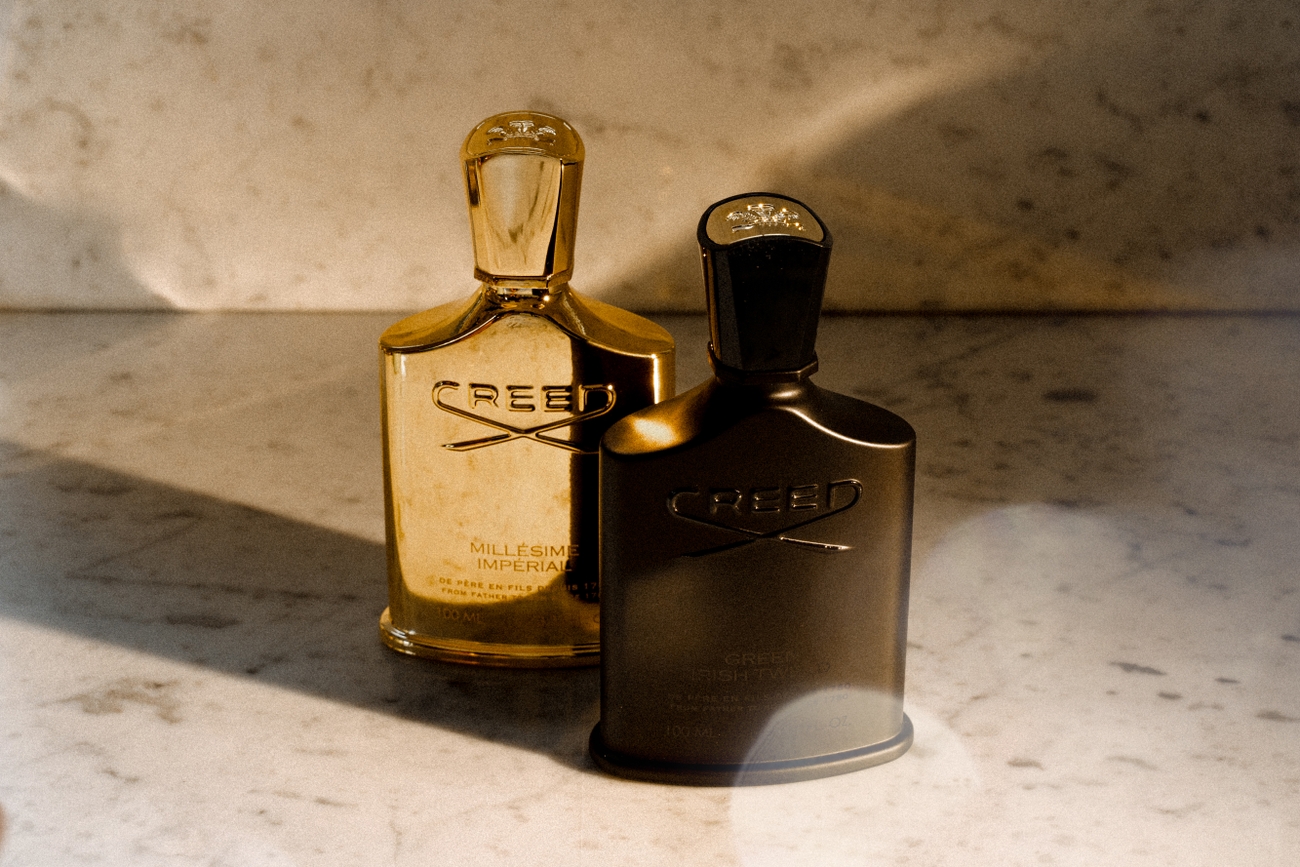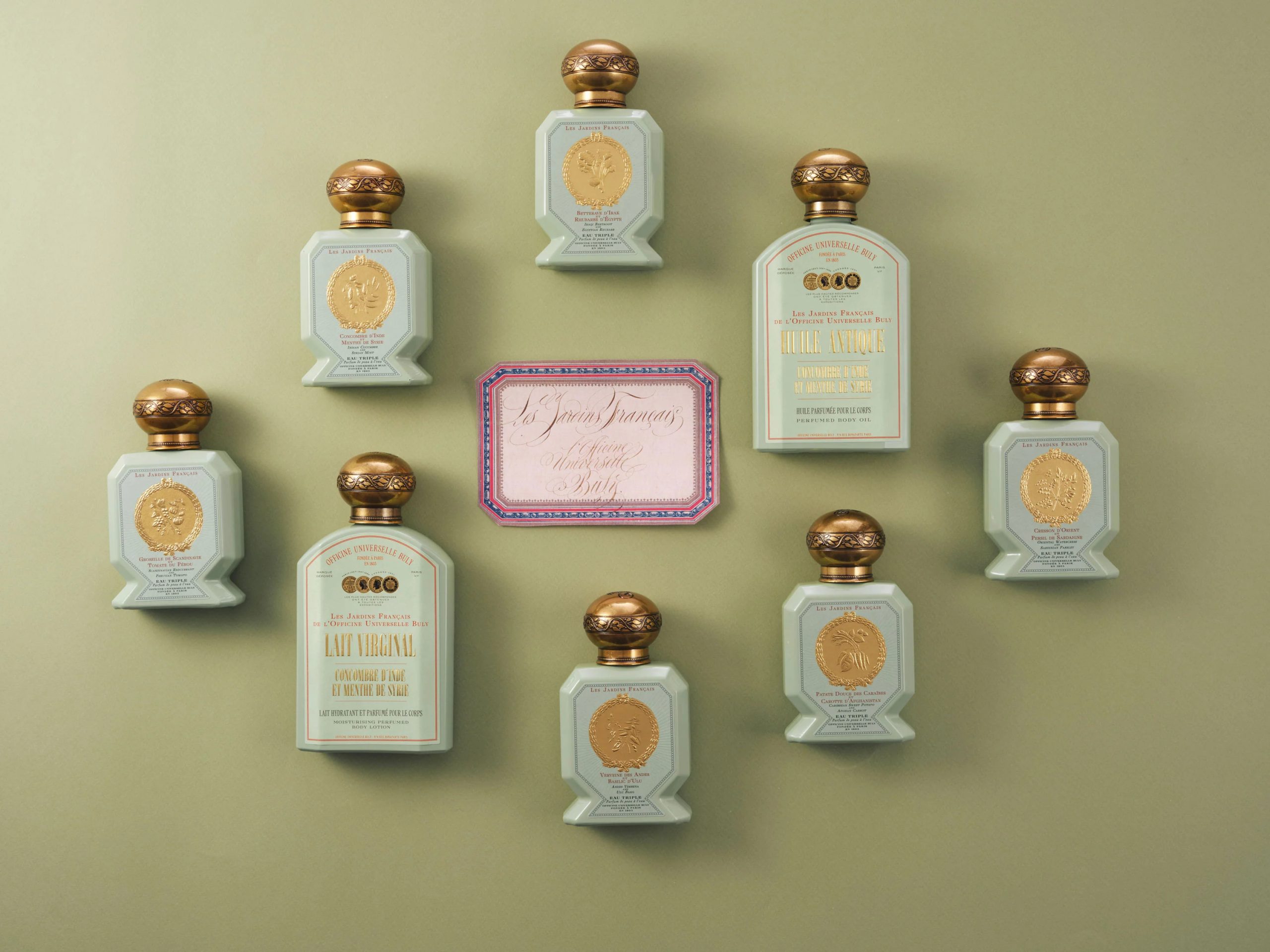The luxury group has launched a bond issue for a total of 3.8 billion euros to finance, among other things, the acquisition of the venerable Haute Parfumerie house Creed, announced last June.
After you’ve bought something, you have to pay for it.
This rule also applies to Kering, even if the saying goes that “you only lend to the rich”.
Last June, Kering announced the purchase of the venerable Maison Creed. An agreement to this effect had been signed with Javier Ferrán, the company’s chairman, and funds controlled by asset manager BlackRock. Founded in London in 1760 by James Henry Creed and established in Paris in 1854, Creed now exports its highly prestigious fragrances worldwide.
Financial flexibility
[arm_restrict_content plan=”1,” type=”show”]
In a press release issued on Tuesday evening, Kering announced that it had carried out a bond issue for a total of 3.8 billion euros, in order to “enable, in particular, the financing of the Creed acquisition”. More generally, this issue, which is “part of the Group’s active liquidity management”, “contributes to increasing” its “financial flexibility”.
The amount of the Creed acquisition had not been disclosed by the interested parties. However, the Financial Times’ sleuths have estimated it at a cool 3.5 billion euros. According to confidences made to the British business daily, this figure was withheld “so as not to reveal the perfumer’s high profit margin”.
Kering had only announced that Creed’s sales exceeded 250 million euros in its last financial year, which ended at the end of March.
A margin of around 60%
However, according to the Financial Times, Creed’s EBITDA was around 150 million euros, i.e. a margin of around 60%!
In order to acquire Creed, Kering was therefore prepared to pay 23 times the Ebitda multiple… This can be explained both by the desirability of the brand, and by the limited number of targets in the Haute Parfumerie sector. While the latter has recently been attracting increasing interest and exposure (as demonstrated, for example, by the recent dedicated space at La Samaritaine), the Haute Parfumerie sector has few brands among its ranks that are more than twice as old as Creed!
A strategic challenge
And for Kering, the stakes are strategic. In search of new revenues as its flagship Gucci brand flounders, the group headed by François-Henri Pinault announced last February the creation of a Beauty division. The aim is to expand in perfumes and cosmetics, notably through organic growth, via the Botega Veneta and Alexander McQueen brands. But now also through Creed.
At a time when accessible luxury, plagued by problems of purchasing power among its clientele, is floundering, players in the sector are repositioning themselves on more exclusive products, purchased by a wealthy clientele sheltered from the vagaries of the macro-economy.
To strengthen its booming luxury division, L’Oréal acquired the Australian luxury cosmetics brand Aesop this spring for $2.5 billion.
A very positive reception
Kering’s bond issue comprises four tranches: a 2-year tranche of 750 million euros with a 3.75% coupon, a 12-year tranche of 1.3 billion euros with a 3.875% coupon, an 8-year tranche of 1 billion euros and a 12-year tranche of 1.3 billion euros.
While its long-term debt is rated “A” by Standard & Poor’s “with stable outlook”, the Kering Group reports a “very favorable reception” of its offer “by bond investors”. This, in its view, “confirms the market’s confidence in the quality” of its credit.
[/arm_restrict_content]
[arm_restrict_content plan=”1,” type=”hide”]
[elementor-template id=”101048″]
[/arm_restrict_content]
Front page photo: © Creed
Read also > KERING RE-ORGANIZES ITS GOVERNANCE










